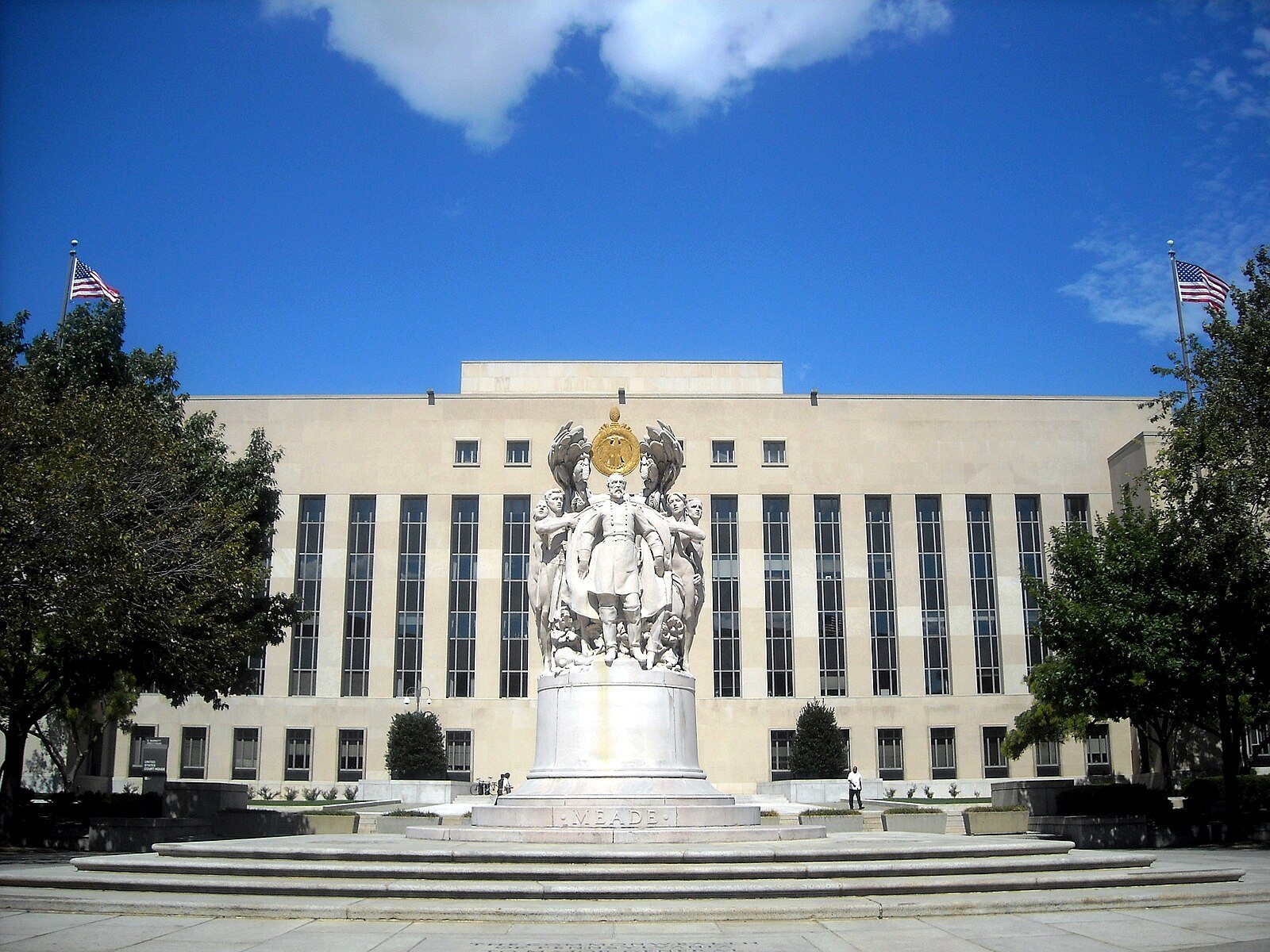Today’s Headlines and Commentary
Ahmed Abu Khattala, who allegedly lead the 2012 attacks on Americans in Benghazi and was captured recently in a secret operation by American Special Operations forces, is being held on the USS New York, reports the Associated Press. The President issued a brief statement yesterday formally acknowledging that he had authorized the oper
Published by The Lawfare Institute
in Cooperation With

Ahmed Abu Khattala, who allegedly lead the 2012 attacks on Americans in Benghazi and was captured recently in a secret operation by American Special Operations forces, is being held on the USS New York, reports the Associated Press. The President issued a brief statement yesterday formally acknowledging that he had authorized the operation that led to Abu Khattala's capture.
The Hill describes discord in Congress, with Republicans criticizing the White House for its plans to try Abu Khattala as a civilian. The Washington Post offers this timeline on the Benghazi attacks and the events leading up to the identification of Abu Khattala.
Iraq's biggest oil refinery became the first to fall to militants of the Islamic State in Iraq and Syria (ISIS) on Wednesday morning; the New York Times reports that army helicopter gunships failed to fend off the attack on the Baiji oil facility. Reuters reports that some international oil companies, including Exxon Mobil and BP, have pulled out foreign workers; and that Iranian President Hassan Rouhani said his country was prepared to intervene to protect Iraq's Shiite shrines.
For those caught off guard by just how strong ISIS has proven to be, the Post points to a (graphic) recent propaganda video. It indicates that the group is no longer poorly equipped or barely trained.
Yesterday the Times also cited a senior administration official who stated that the President is contemplating a targeted airstrike campaign on Sunni militants in Iraq. Meanwhile the Wall Street Journal reported that the President had decided against "immediate air strikes" in favor of other strategies, partly in light of intelligence gaps. The President is scheduled to meet today with Republican and Democratic leaders from the House and Senate, in order to brief them on what White House officials are calling a new comprehensive approach to U.S. involvement in Iraq.
Does the crisis in Iraq present the U.S. and Iran with an opportunity to pursue military cooperation and a nuclear agreement? Here's Al Jazeera America on the possibilities. The Iraqi government may be losing its fight with ISIS on the battlefield, but it is putting up a fierce fight in cyberspace, writes Shane Harris at Foreign Policy's "The Complex."
Lots of opinions on Iraq. The Times editorial board declared yesterday that, in being cautious militarily and reaching out to Iran for cooperation, President Obama has thus far "struck the right note on Iraq." Predictably, Dick Cheney disagrees---he and his daughter penned an op-ed that appeared in the Journal yesterday, criticizing President Obama's foreign policy as a failure of rare and epic proportions, particularly in Iraq. The Twitterverse exploded in response, notes the Hill, with social media users mocking the former vice president for his hypocrisy.
And in a Times op-ed, Anne-Marie Slaughter asks why the threat of ISIS in Iraq has prompted the administration to consider the use of force, while the rise of ISIS in Syria has been consistently treated as a lesser problem not clearly tied up with vital U.S. interests. She offers and refutes three possible White House answers: 1) the fighters in Iraq include members of al Qaeda, 2) the Iraqi government is requesting help, and 3) America fought a long war in Iraq at great cost, and to fail to intervene would be for our soldiers to have died in vain. On the last point, she writes:
This is where the White House is most blind. It sees the world on two planes: the humanitarian world of individual suffering, where no matter how heart-rending the pictures and how horrific the crimes, American vital interests are not engaged because it is just people; and the strategic world of government interests, where what matters is the chess game of one leader against another, and stopping both state and nonstate actors who are able to harm the United States.
Afghanistan's first democratic handover of power isn't going as smoothly as was hoped. Abdullah Abdullah, the front-runner in the country's runoff presidential election, issued a statement Wednesday demanding that vote-counting be stopped, claiming fraud in light of an apparent, one million-vote lead by opponent Ashraf Ghani Ahmadzai. Here's Al Jazeera America with details.
After a late-night phone call with Russian President Vladimir Putin, Ukrainian President Petro Poroshenko set out proposals for a unilateral ceasefire by government forces as part of a 14-step peace plan, reports Reuters.
U.S. Marine Pacific commander Major-General Richard L. Simcock is pushing for Australia to take on a bigger role in policing the seas to help secure a region unsettled by an increasingly assertive China. The Journal has the story.
Yesterday the prosecutor of the International Criminal Court, Fatou Bensouda, blasted the U.N. Security Council for failing to push for the arrest of Sudanese President Omar Hassan al-Bashir and others for alleged war crimes in Darfur. Reuters Africa has more.
Two researchers at Dell's Secureworks security division have just uncovered what is thought to be the single most profitable, crypto-currency fraud operation to date. $620,000 worth of Dogecoin---a Bitcoin-like currency---was mined from malware-infected storage devices. That's the word from Wired's "Threat Level."
Email the Roundup Team noteworthy law and security-related articles to include, and follow us on Twitter and Facebook for additional commentary on these issues. Sign up to receive Lawfare in your inbox. Visit our Events Calendar to learn about upcoming national security events, and check out relevant job openings on our Job Board.
Jane Chong is former deputy managing editor of Lawfare. She served as a law clerk on the U.S. Court of Appeals for the Third Circuit and is a graduate of Yale Law School and Duke University.


.jpg?sfvrsn=407c2736_6)


